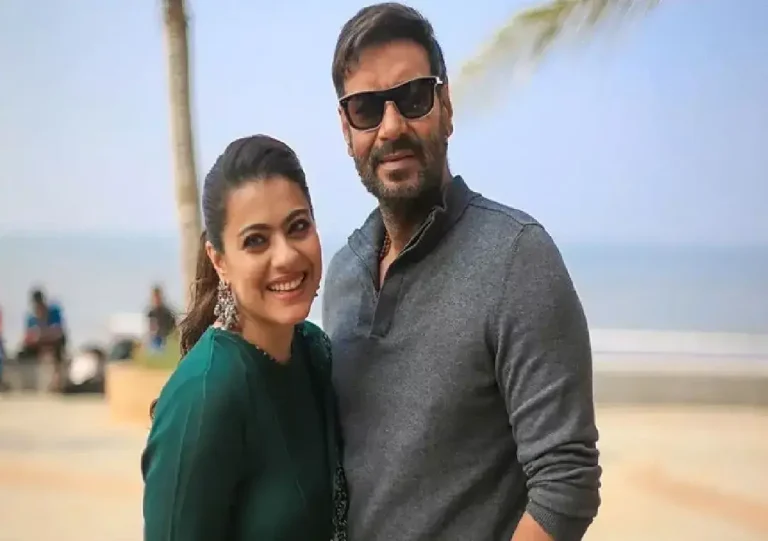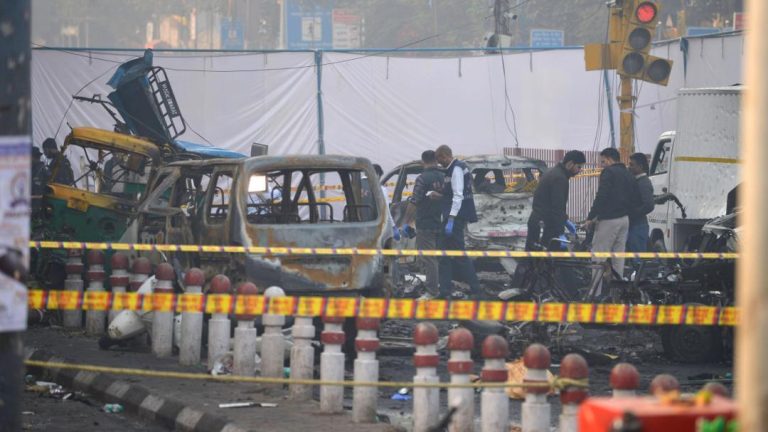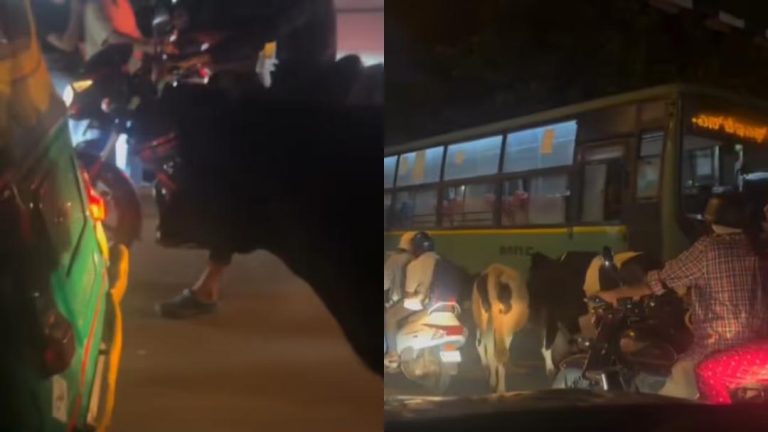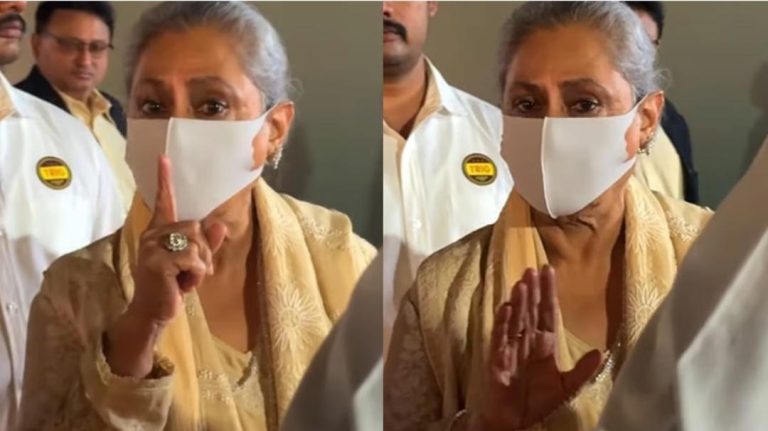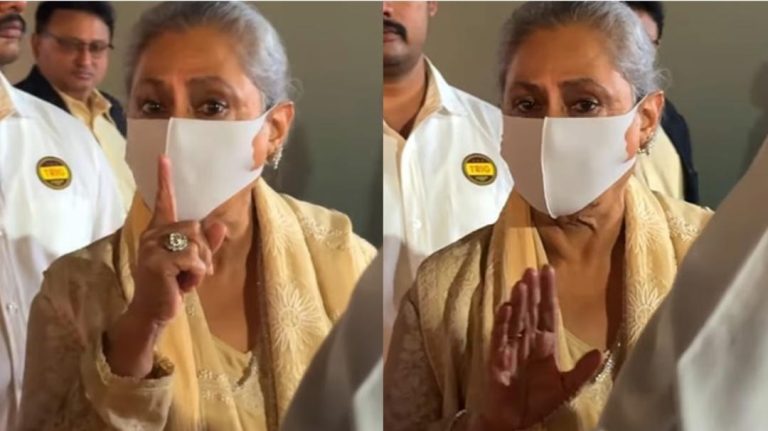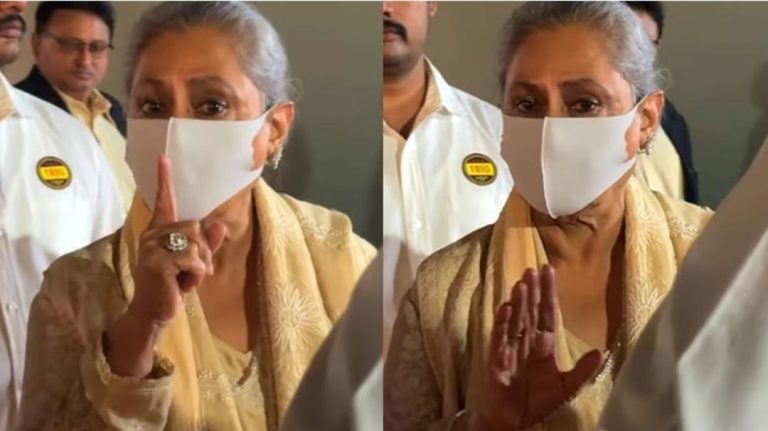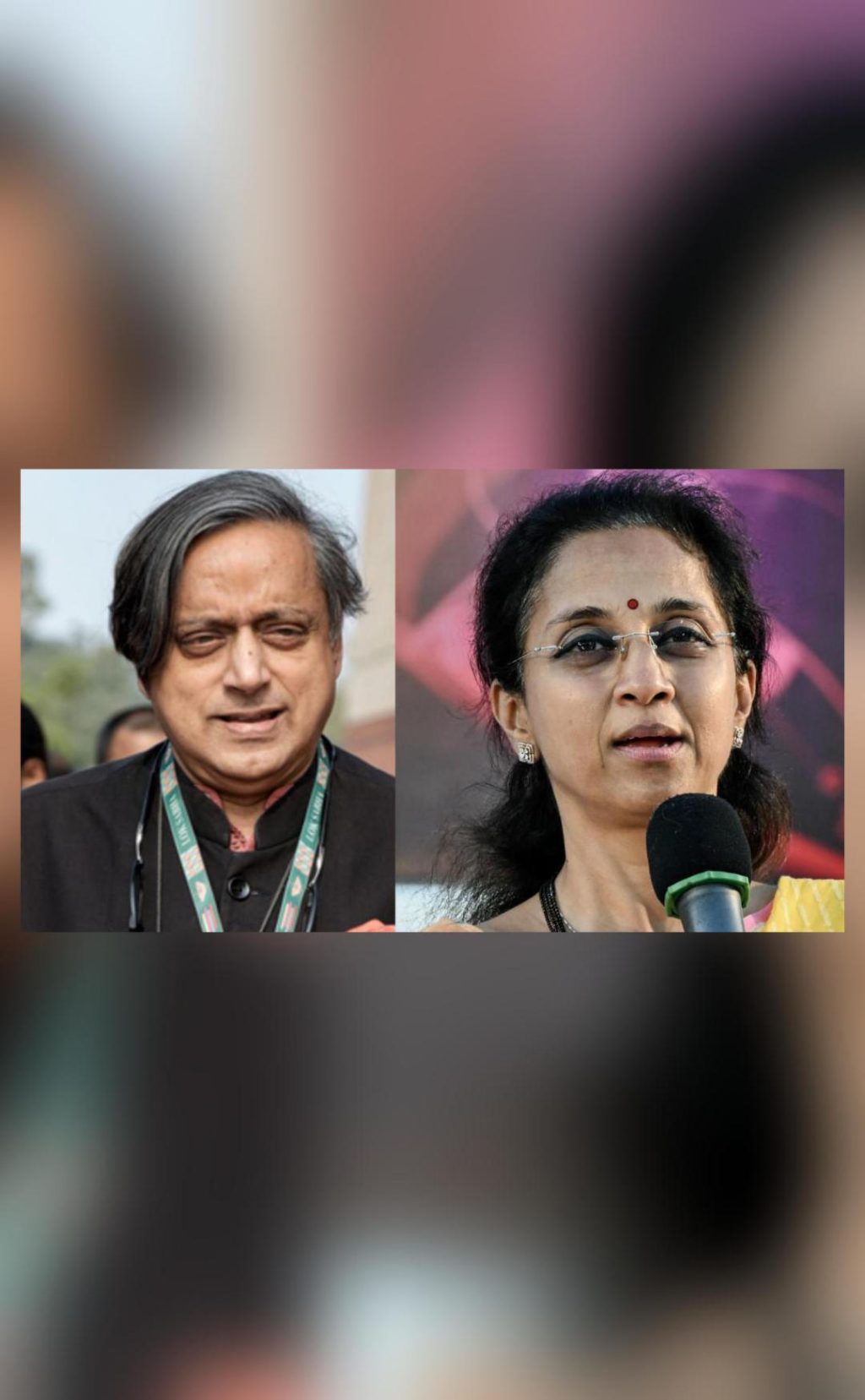
Tharoor, Sule & Others to Head Govt’s Global Delegations after Operation Sindoor
In a significant move, the Indian government has announced the selection of a group of prominent leaders to head delegations to key partner nations, aimed at carrying India’s strong message of zero-tolerance against terrorism to the world. The list of chosen leaders includes Congress MP Shashi Tharoor, NCP-SP MP Supriya Sule, Shiv Sena’s Shrikant Shinde, DMK’s Kanimozhi, BJP’s Baijayant Panda and RS Prasad, JDU’s Sanjay Jha.
This development comes in the wake of Operation Sindoor, a recent military operation conducted by the Indian Army in the Uri sector of Jammu and Kashmir, which resulted in the killing of several terrorists and the destruction of their hideouts. The operation was a significant blow to terrorist organizations operating in the region, and the government’s decision to send these leaders on global delegations is seen as a move to reinforce India’s stance on zero-tolerance against terrorism.
Shashi Tharoor, a renowned diplomat and politician, is known for his expertise in international relations and diplomacy. As a member of Parliament, he has been vocal on issues related to national security and foreign policy. His experience and reputation will undoubtedly serve as an asset to the government’s efforts to convey India’s message to the international community.
Supriya Sule, a member of Parliament from the Nationalist Congress Party (NCP) and the Samajwadi Party (SP), has been a vocal advocate for women’s empowerment and has worked towards promoting women’s rights in various capacities. Her inclusion in the delegation is seen as a move to emphasize India’s commitment to promoting gender equality and women’s empowerment, both domestically and internationally.
Shrikant Shinde, a Shiv Sena MP, is known for his strong views on national security and terrorism. His inclusion in the delegation is seen as a move to emphasize the government’s commitment to tackling terrorism and ensuring the safety and security of its citizens.
Kanimozhi, a DMK MP, has been a vocal advocate for the rights of marginalized communities and has worked towards promoting social justice and equality. Her inclusion in the delegation is seen as a move to emphasize India’s commitment to promoting human rights and social justice, both domestically and internationally.
Baijayant Panda, a BJP MP, has been a vocal advocate for national security and has worked towards promoting India’s interests in the international arena. His inclusion in the delegation is seen as a move to emphasize the government’s commitment to promoting India’s interests and ensuring the country’s safety and security.
RS Prasad, a BJP MP, has been a vocal advocate for women’s empowerment and has worked towards promoting women’s rights in various capacities. His inclusion in the delegation is seen as a move to emphasize India’s commitment to promoting gender equality and women’s empowerment, both domestically and internationally.
Sanjay Jha, a JDU MP, has been a vocal advocate for national security and has worked towards promoting India’s interests in the international arena. His inclusion in the delegation is seen as a move to emphasize the government’s commitment to promoting India’s interests and ensuring the country’s safety and security.
The government’s decision to send these leaders on global delegations is seen as a move to reinforce India’s stance on zero-tolerance against terrorism and to promote India’s interests in the international arena. The delegations will aim to convey India’s message of zero-tolerance against terrorism to key partner nations, emphasizing the country’s commitment to tackling terrorism and ensuring the safety and security of its citizens.
The selection of these leaders is also seen as a move to promote diversity and inclusivity, with representatives from different political parties and regions being included in the delegations. This move is seen as a positive step towards promoting national unity and cohesion, as well as highlighting India’s commitment to promoting democracy and diversity.
In conclusion, the government’s decision to send these leaders on global delegations is a significant move, aimed at reinforcing India’s stance on zero-tolerance against terrorism and promoting India’s interests in the international arena. The selection of these leaders is seen as a move to promote diversity and inclusivity, and to emphasize India’s commitment to promoting national security, human rights, and social justice.
